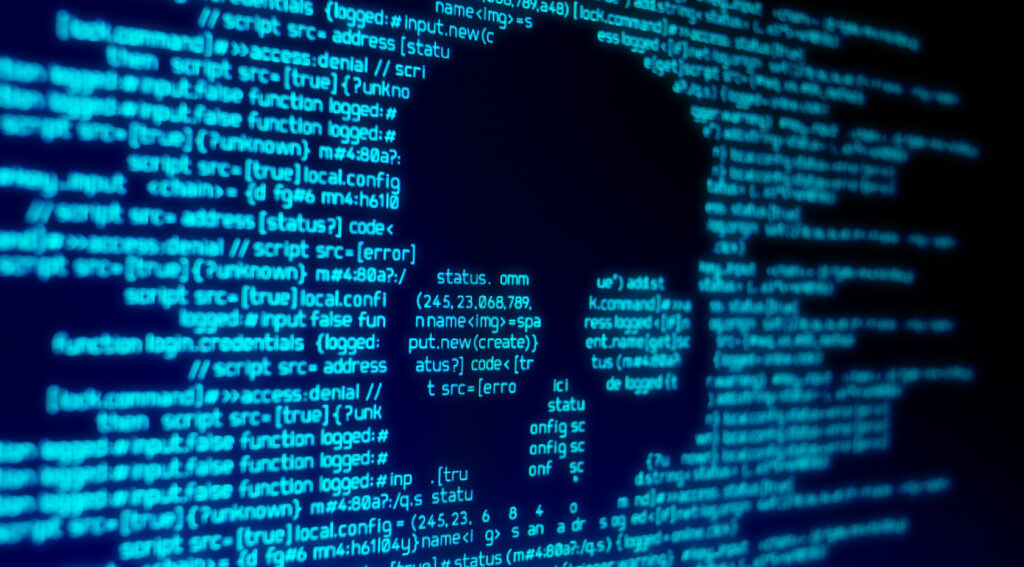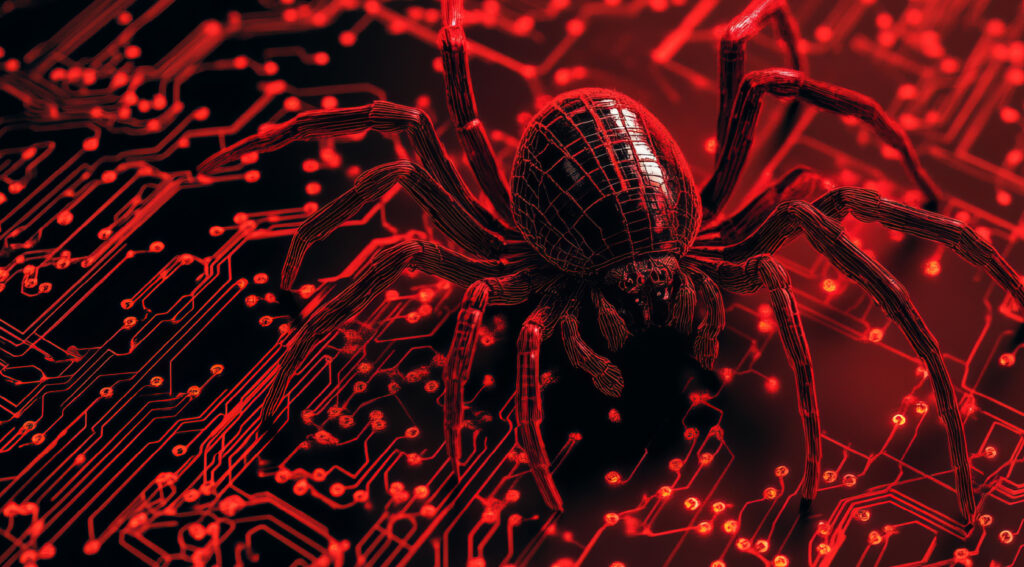The dark web is often shrouded in mystery, associated with illegal activities and cybersecurity threats. But what exactly is the dark web, and how does it operate? While it’s true that the dark web hosts illicit marketplaces and forums, it also serves legitimate purposes for those seeking anonymity, such as journalists and activists in oppressive regimes.
This article explores the dark web, how it functions, and the risks and benefits associated with it, helping you understand this hidden part of the internet.
What Is the Dark Web?
The dark web refers to a portion of the internet that is not indexed by traditional search engines like Google or Bing. Unlike the surface web, which is accessible to anyone, the dark web requires specialized software, such as Tor (The Onion Router), to access. This layer of the internet is part of the deep web, which includes all online content not indexed by search engines, such as private databases and password-protected sites.
The dark web is characterized by anonymity and encrypted communication, making it a hub for both legal and illegal activities.

How the Dark Web Works
The dark web operates through a series of technologies designed to maintain user anonymity:
Encryption and Anonymity
The dark web uses encrypted protocols to protect users’ identities and activities. Tools like Tor route internet traffic through multiple servers (or nodes), making it nearly impossible to trace the origin of the activity.
Specialized Software
Accessing the dark web requires software like Tor or I2P (Invisible Internet Project). These tools allow users to visit “.onion” sites, which are hidden from standard browsers and search engines.
Decentralization
Unlike the surface web, where websites are hosted on centralized servers, the dark web relies on decentralized networks. This structure provides additional layers of security and anonymity for both users and website hosts.
Common Uses of the Dark Web
While the dark web is often associated with illegal activities, it serves a variety of purposes:
Illicit Activities
The dark web is notorious for hosting illegal marketplaces where users can buy and sell drugs, weapons, stolen data, and counterfeit documents. Cybercriminals also use it to share hacking tools and strategies.
Privacy and Anonymity
For those in oppressive regimes, the dark web can be a lifeline. Activists, whistleblowers, and journalists use it to communicate securely and access censored information without fear of surveillance.
Research and Education
Some cybersecurity researchers and law enforcement agencies use the dark web to study cybercrime trends, monitor illicit activities, and gather intelligence.
Risks of Accessing the Dark Web
While the dark web has legitimate uses, it poses significant risks to inexperienced users:
Exposure to Illicit Content
Navigating the dark web can inadvertently expose users to illegal or harmful content, even if they’re not seeking it out.
Malware and Scams
Cybercriminals often target dark web users with phishing scams, malware, and ransomware. Downloading files or interacting with unknown sites can put your device at risk.
Law Enforcement Monitoring
While anonymity is a cornerstone of the dark web, law enforcement agencies monitor its activities to identify and prosecute illegal activities. Even accidental engagement with illicit content can raise red flags.
Check out the FBI’s guidance on dark web safety.
How to Stay Safe on the Dark Web
If you choose to explore the dark web, take the following precautions:
- Use a VPN: A Virtual Private Network adds an additional layer of encryption to your internet activity, enhancing your privacy.
- Avoid Downloading Files: Steer clear of downloading any files or programs unless you are absolutely sure of their source and safety.
- Do Not Share Personal Information: Keep your identity and personal details private at all times.
- Stick to Trusted Resources: If you’re using the dark web for legitimate purposes, only visit reputable sites recommended by reliable sources.

The Future of the Dark Web
The dark web continues to evolve, both as a tool for privacy advocates and a challenge for law enforcement. Advances in encryption and decentralized technologies may make it even harder to regulate, while ongoing efforts by governments aim to curb its illegal use.
As cybersecurity becomes a greater global concern, understanding the dark web will remain a critical part of the conversation about internet privacy, digital rights, and online safety.
Understanding the Hidden Layers of the Internet
The dark web is a complex and multifaceted part of the internet, serving both legitimate and illicit purposes. While it provides valuable tools for those seeking privacy, it also poses risks for the uninformed. By understanding how it works and taking the necessary precautions, you can navigate this hidden space responsibly—or choose to avoid it altogether.
For broader digital security, consider advocating for stronger cybersecurity measures and educating others about the realities of the dark web.